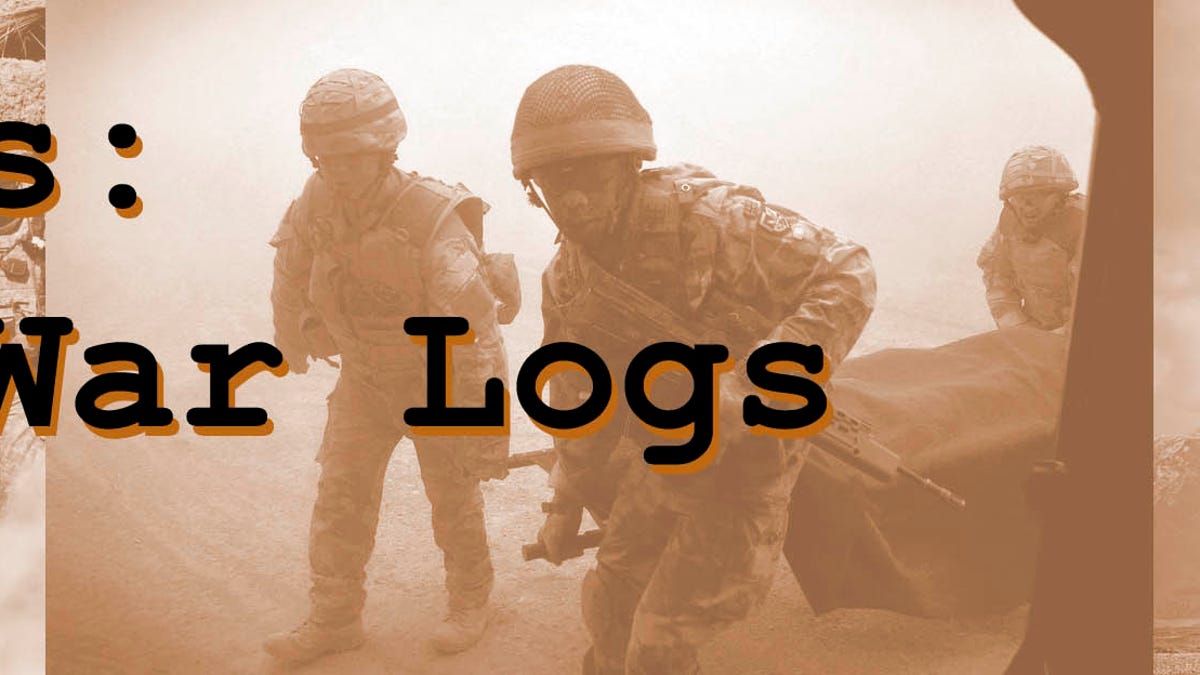U.S. denies asking other nations to attack Wikileaks
State Department tells CNET it has not asked other governments to investigate Wikileaks co-founder Julian Assange; meanwhile, group says it will release the remaining 15,000 Afghan war files.

The U.S. State Department has denied asking other countries to open criminal investigations into Wikileaks co-founder Julian Assange.
"We have not approached any country to encourage them to do anything," Philip Crowley, assistant secretary of state, told CNET. The main Wikileaks.org Web site is located in Sweden.
Crowley acknowledged that U.S. officials have "had conversations with a variety of countries" about Wikileaks, but said those discussions were limited to expressing "concerns that we've had."
That conflicts with a report earlier this week on TheDailyBeast.com, which said the Obama administration is "pressing Britain, Germany, Australia, and other allied Western governments to consider opening criminal investigations" into Assange and to limit his ability to travel freely.
On July 25, Wikileaks released about 100 megabytes of internal U.S. military dispatches from Afghanistan, a move that has bolstered critics of the war and has coincided with plummeting public support for the Obama administration's policies. In Washington, the response has been fierce, with the Defense Department demanding that the document-sharing group return all classified documents, and a few commentators even saying that Assange or the Army intelligence analyst accused of divulging the documents should be prosecuted and possibly executed.
Australia's foreign affairs minister, Stephen Smith, said publicly this week that his government has not been asked to consider criminal charges or restrict Assange's travel. Assange was born in Australia, and the Australian government has set up a task force to review what effect the leaks have had on the country's troops in Afghanistan.
Separately, the Associated Press reported around 11 a.m. PDT on Thursday that Assange said that the document-sharing Web site would release an additional 15,000 documents it had previously withheld.
The roughly 76,900 Afghan war files released so far, uncompressed, total about 100 megabytes, about 20 times the size of the complete works of William Shakespeare. Wikileaks said last month it had delayed the release of an additional 15,000 files to allow names and other sensitive information to be removed.
"We're about 7,000 reports" through the review, Assange was quoted as saying, adding that he would definitely publish them against the wishes of the U.S. federal government and military. The Defense Department has said that releasing the files has put both American troops and Afghan nationals who are collaborating with the U.S. military at risk.
Wikileaks said on August 8 that it needs "$700,000 for our next harm-minimization review," and that the "Pentagon won't help" and neither will the media or Amnesty International.
On Thursday, State Department spokesman Mark Toner said there have been no communications with the group: "I'm not aware of any other contacts, either indirect or direct, that we've had with Wikileaks."

